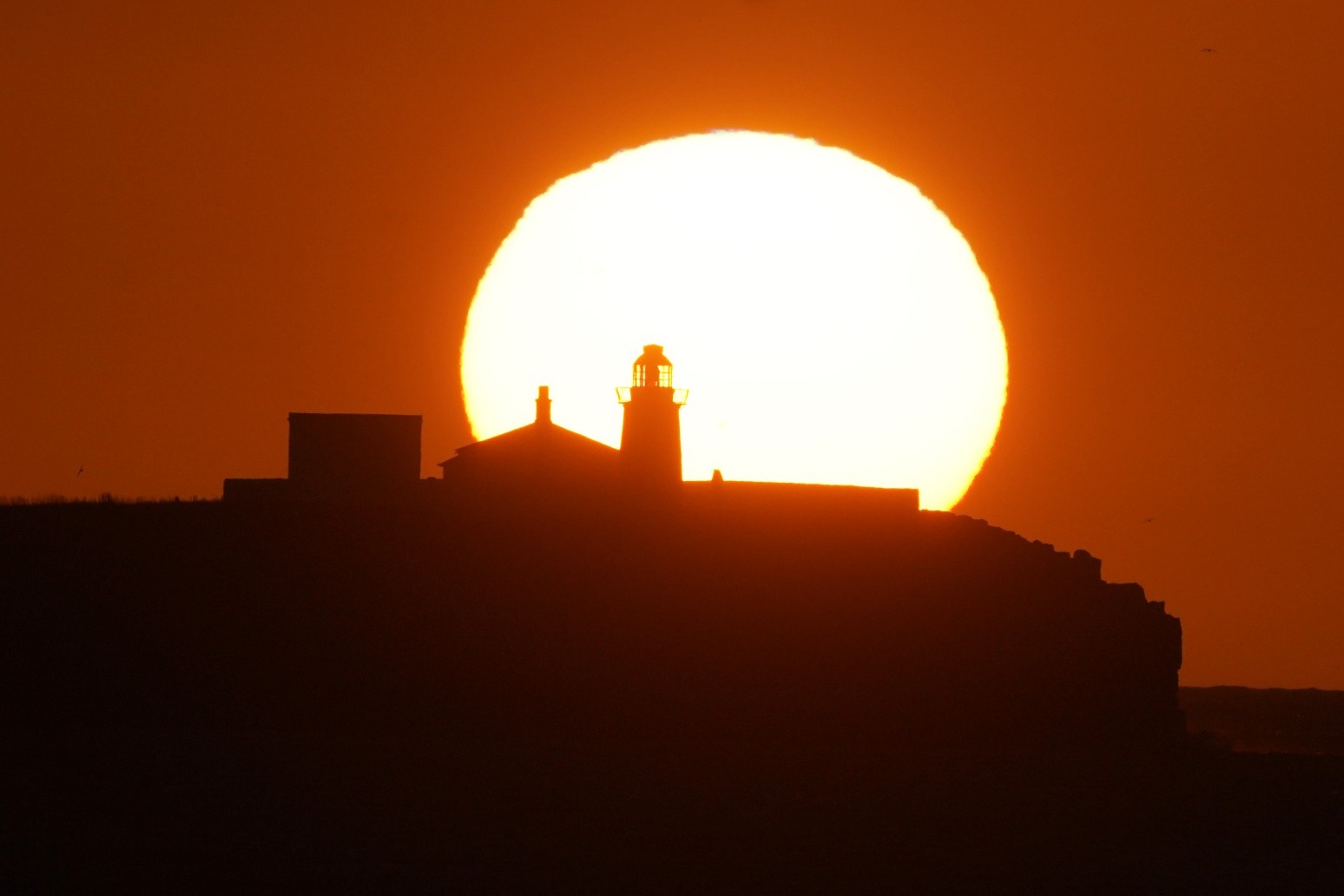
Scientists are likely to record a global average temperature of more than 1.5C above pre-industrial levels over the next five years, the World Meteorological Organisation (WMO) has said.
There is a 66% chance of this temperature being recorded at least once between now and 2027 – which would mark the first time in human history.
The WMO also said there is a 98% chance of the hottest year on record being broken during that time.
If a 1.5C temperature rise is recorded, it would not mean the target set during the Paris Agreement would be lost as the global average temperature would need to exceed 1.5C many more times before the climate can be said to have permanently warmed to that level.
Dr Leon Hermanson of the Met Office Hadley Centre, one of the experts who led the report, said: “We have never crossed 1.5C. The current record is 1.28C.
“It’s very likely we’re going to exceed that, we might even reach 1.5C – it’s more likely than not that we will.
“It’s not this long term warming that the Paris Agreement talks about, but it is an indication that as we start having these years, with 1.5C happening more and more often, we’re getting closer and closer to having the actual long-term climate being on that threshold.”
There is only a 32% chance that the five-year mean will exceed the 1.5C threshold.
Dr Hermanson said the record will likely come from a combination of greenhouse gases and a naturally-occurring El Nino event – a heating of the eastern Pacific which affects rainfall and temperature globally.
The WMO said that its opposite – La Nina – has been cooling atmospheric temperatures for much of the last three years, but this has now ended.
Typically, El Nino raises global temperatures the year after it develops so scientists are expecting temperatures to rise in 2024.
The WMO general secretary Professor Petteri Taalas said: “A warming El Nino is expected to develop in the coming months and this will combine with human-induced climate change to push global temperatures into uncharted territory.
“This will have far-reaching repercussions for health, food security, water management and the environment. We need to be prepared.”
Published ahead of the World Meteorological Congress on May 22, the Annual to Decadal Climate Prediction uses the same technology used for weather forecasts to predict longer-term climate changes.
Temperatures in the Arctic are predicted to increase three times faster than the global average while greenhouse gases will also lead to more ocean acidification, sea ice and glacier melt, sea level rise and more extreme weather.
In the Paris Agreement, the world’s nations committed to reducing their greenhouse gas emissions to contain the global temperature below 2C above preindustrial levels and to try for 1.5C before the end of the century.
The Intergovernmental Panel on Climate Change has said damage wrought to people and wildlife will increase with every increment of global warming.
They also said the world is currently on course to warm to well beyond 2C by the end of the century with the emissions reduction policies currently in place.
Prof Taalas said: “This report does not mean that we will permanently exceed the 1.5C level specified in the Paris Agreement which refers to long-term warming over many years.
“However, WMO is sounding the alarm that we will breach the 1.5C level on a temporary basis with increasing frequency.”
Published: by Radio NewsHub


